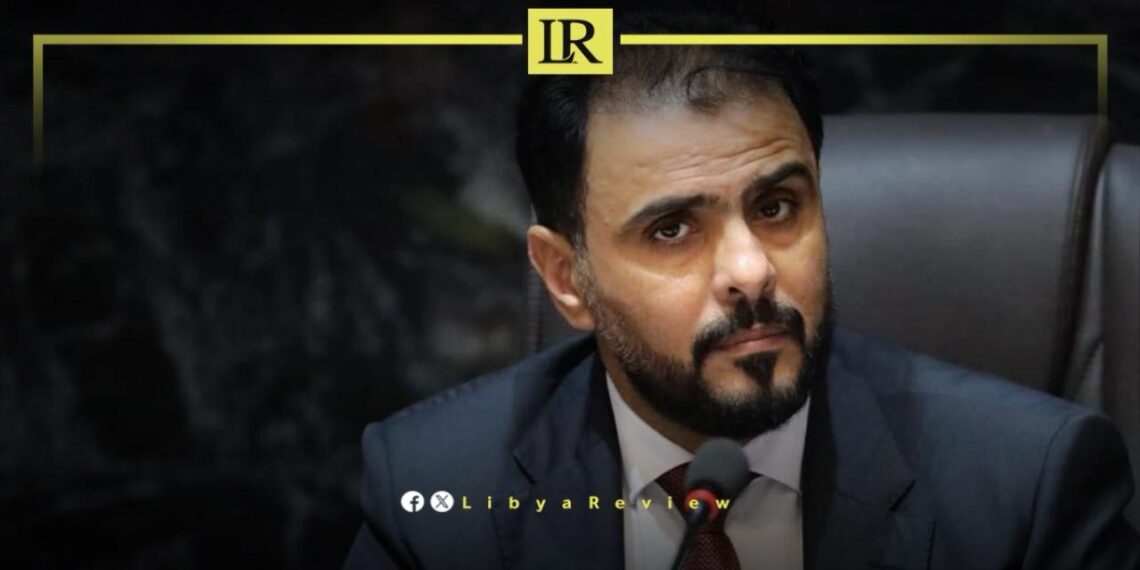On Saturday, Libya’s Prime Minister of the Parliament-designate government, Osama Hammad, announced that cities in the eastern, southern, and central regions of Libya have become exemplary in maintaining security and reducing crime rates.
In a statement, the Libyan Prime Minister said that this advancement has laid the groundwork for a surge in development and reconstruction projects. These are spearheaded by various government bodies and funds. These efforts aim to sustain the gains made in security and stability. This ensures that the Libyan populace can enjoy the benefits of peace and prosperity.
Following an evaluation of the 2024 report by the International Institute for Economics and Peace, Prime Minister Hammad highlighted Libya’s notable transition from a high to a lower terrorism impact category. This achievement underscores the country’s successful strides toward peace and stability.
He also acknowledged the significant contributions of the Libyan National Army (LNA), led by Field Marshal Khalifa Haftar, in combating terrorism and restoring order. The LNA’s efforts in liberating various regions have been pivotal in enhancing the country’s security landscape.
The journey toward these achievements has not been straightforward for Libya. Since the 2011 uprising that led to the fall of Moammar Gaddafi, Libya has been navigating a path filled with political divisions and conflict. The country has seen a split between the LNA-controlled territories in the east and the Government of National Accord (GNA) in the West, based in Tripoli. This division has resulted in prolonged instability, affecting the nation’s social, economic, and security fabric.
The recent developments highlighted by Prime Minister Hammad signal a turning point for Libya. Improved security conditions and the initiation of development and reconstruction projects are crucial steps toward mending the nation’s divisions and fostering a cohesive, prosperous future. These positive changes are pivotal not only for Libya’s internal harmony but also for its role as a stabilising force in the Mediterranean and broader North African region.


